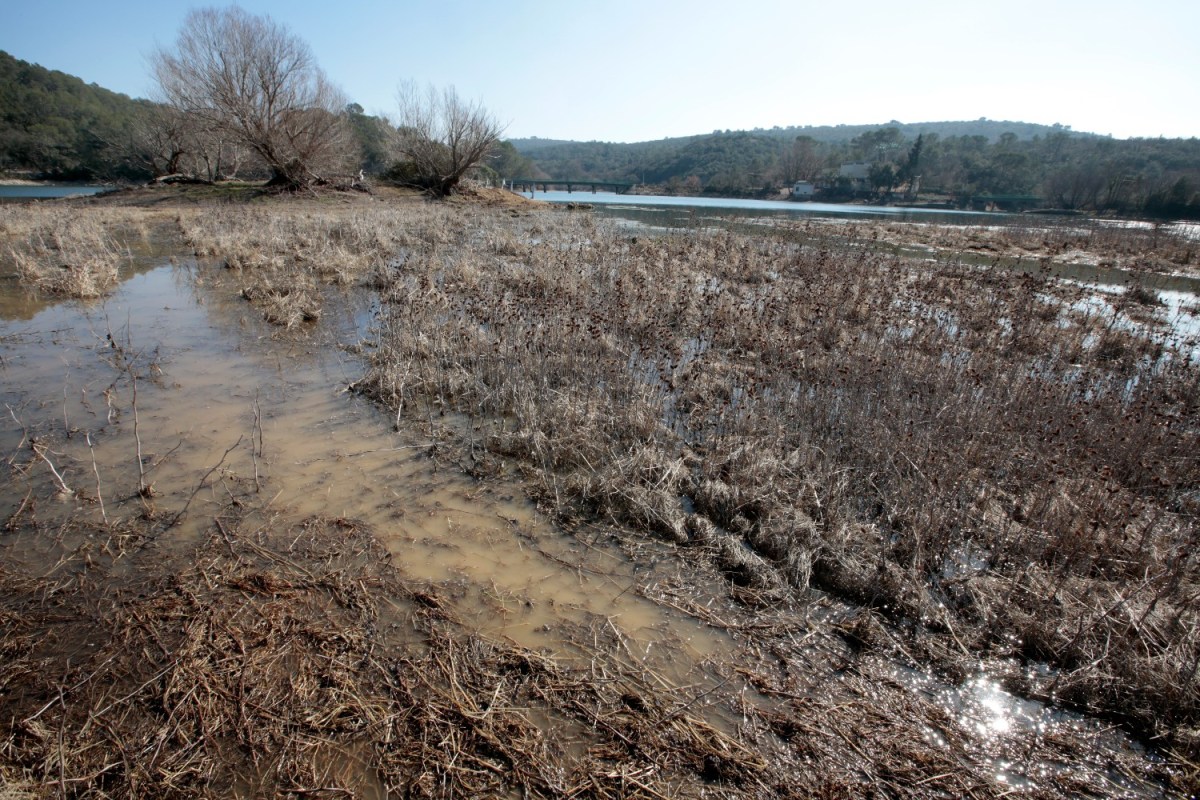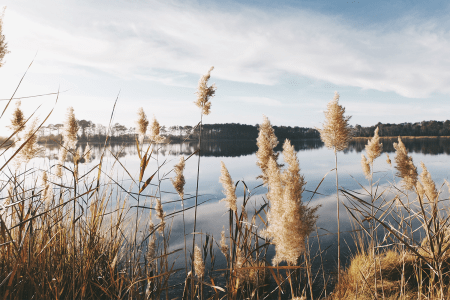It’s not uncommon to see images of dried lake beds to illustrate the effects of climate change. It’s a truly global phenomenon, from the Lake Chad Basin in Africa to China’s Poyang Lake to countless lakes in California. Rising temperatures and ecological devastation can lead to lakes’ levels dropping — which in turn can have a dramatic effect on the local ecosystem and the people who rely upon them.
It’s one thing to see a photograph of the bottom of a lake and another to put a number on the overall effect that the last few decades have had on water levels around the world. But a new scientific study has attempted to do precisely that, and its conclusions are sobering.
The study, recently published in Science, utilized “satellite observations, climate models, and hydrologic models” to study lakes and reservoirs over the past three decades. The scientists concluded that “more than 50% of both large natural lakes and reservoirs experienced volume loss over this time.”
The University of Virginia’s Fangfang Yao — a surface hydrologist who was the study’s lead scientist — provided even more details in conversation with The Guardian. Among Yao’s findings was that water loss in these bodies of water had been dramatic in humid regions of the planet.
If Corporations Have Legal Rights, Why Not Lakes, Forests and Mountains?
Mary Jane, a lake in Florida, is suing to stop a nearby development. The case could change how we protect nature.The study points to both climate change and human consumption as factors in the change in volume of lakes and reservoirs. Yao did clarify to The Guardian that climate change played a more significant role in this phenomenon. It’s another cause for alarm — especially if this trend continues in the decades to come.
Thanks for reading InsideHook. Sign up for our daily newsletter and be in the know.

















